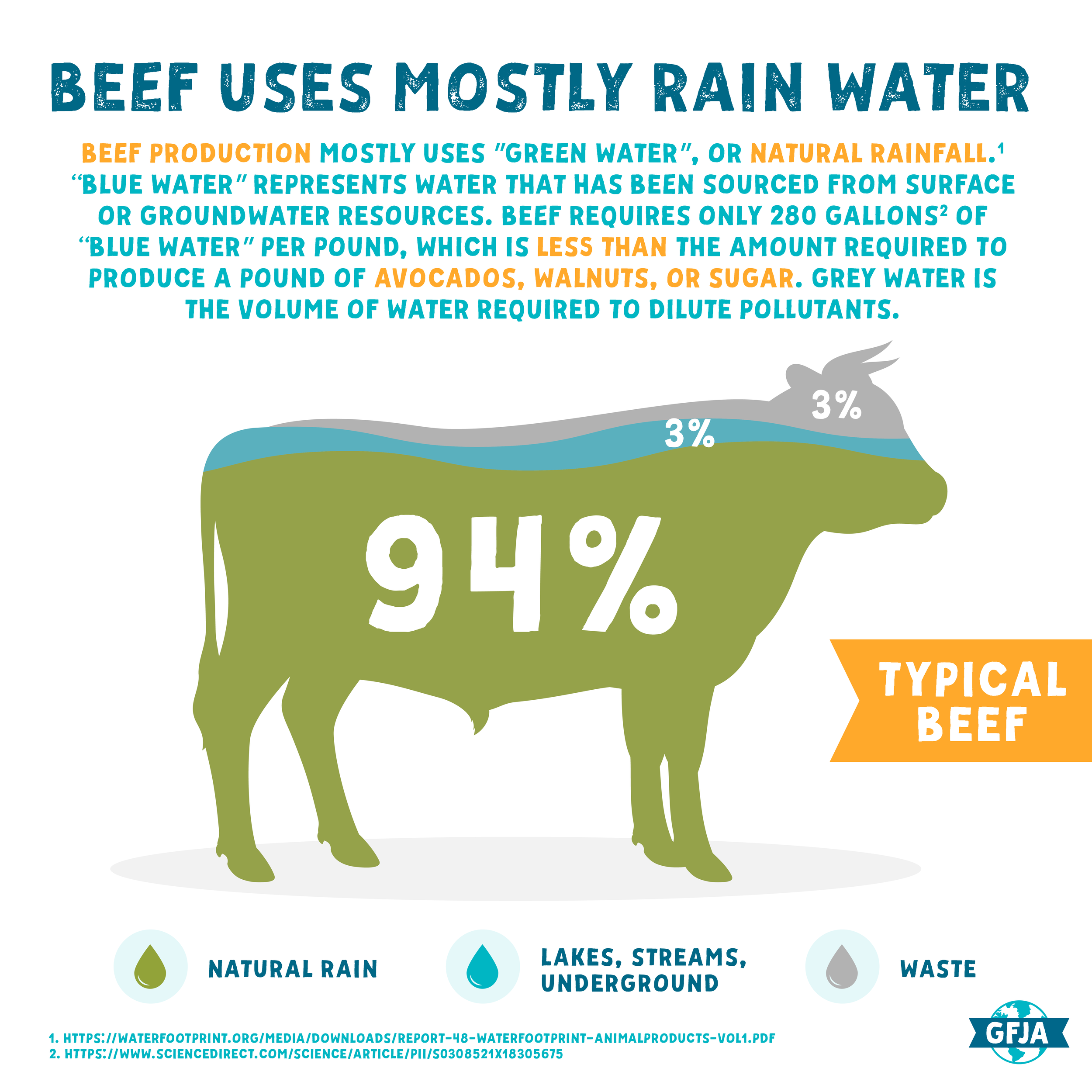
Environmental Stewardship.
The food we produce can increase biodiversity, improve soil health, increase the water holding capacity of the land and raise high quality, nutrient-dense food, while preserving food sovereignty, family farming communities, and the health of our animals, planet, and future generations.
Many of the proposed ecological food solutions, including ultra-processed meat substitutes, may appear to be better for the planet… but when examined closely, they are actually the result of extractive, chemical agriculture, which further degrades the health of our soil and waterways.
The Global Food Justice Alliances advocates for food production systems which enhance natural resources including biodiversity, air, land, soil, and water.
Fast Facts.
Read more...

Science or Science-Fiction? An Open Letter to the Museum of Science Boston
The Museum of Science Boston seems to have an unbalanced promotion of lab meat. If they are going to highlight lab meat, I urge them to also have some nutritionists, livestock scientists and local farmers to the museum to talk about the many benefits of meat and livestock to our food and ecosystem.

Rethinking the Environmental Impact of Meat Swaps
A recent study from Stanford University suggests that making "simple dietary substitutions," such as opting for chicken over beef and replacing cow's milk with non-dairy alternatives, could reduce the United States' dietary carbon footprint by more than 35%. However, these seemingly straightforward solutions, although commonly assumed, may not necessarily be more sustainable and could have significant repercussions on nutrition and public health.

Livestock’s Unique Role in Food Security - GFJA’s Message at COP27
On November 11, 2022, GFJA Executive Director Diana Rodgers presented at the United Nations Climate Change Conference (COP27) in Sharm El Sheikh, Egypt on “The unique role of nutrient-dense animal proteins for sustainable food security”.

The Magic of Soil: from Nutritious Food to Climate Resilience
Healthy soils are critical to our future. And healthy soil requires supporting natural ecosystems, which include ruminant animals, rather than processed meat alternatives that rely on extractive crops like corn and soy.

The Truth ABout Feed Conversion
Critics of meat consumption often argue that it takes too much feed to produce animal protein and that we should instead simply feed humans what we are feeding livestock. This argument fails to account for the nutritional differences between plants and meat.

Where Do Methane Emissions Come From?
Getting worried about methane production from any biological process is reductionistic because methane produced via biological process is part of a system, provides no net inputs to the system, and perhaps most importantly, is caused by living organisms!

Livestock Turn food we can’t eat into Protein
A staggering 86% of global livestock feed consists of materials that we cannot digest as humans, like crop residues including stover and sugarcane tops.

Beef is Not a Water Hog
Once you understand how water footprint numbers are calculated, you’ll understand how easily they can be distorted to make beef look like a water hog.







